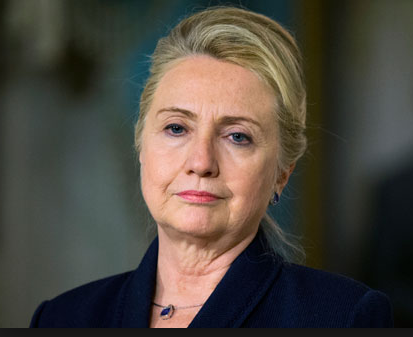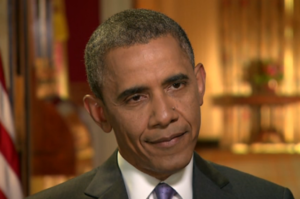- these are acts of the mindset of a brutish dictatorship which can’t wait to begin harrasssing the “deplorables” … all just one election away.
- anybody doubt that this nation is now in Soviet Union territory? Josef Stalin must be grinning despite his hellish agony!
- Exhibiting all the independence of the Politburo of yore — a GOP – led congress has become a running joke !
Having decided against pursuing every decisive opportunity to fight back against the Obamnation in the past, never seriously exercising the power of the purse . . . now Congress wonders what to do?


The faces of contempt
Byron York’s column needs no clarifying commentary
Facing Clinton stonewall, Congress ponders next move (excerpts)
The House Government Oversight Committee subpoenaed three key figures in the Hillary Clinton email scandal to testify at a hearing Tuesday. Two declined to testify, citing their Fifth Amendment rights. A third refused to show up at all.
Much of the early part of the hearing involved wrangling over the witnesses’ refusal to cooperate. Rep. Jason Chaffetz, the Republican chair of the committee, tried to question Combetta and Thornton only to face the objection of Rep. Elijah Cummings, ranking Democrat on the panel, who argued that it was harassment to force the two to take the Fifth in public.
“This is an absolute abuse of authority,” Cummings said. Rep. Trey Gowdy, a Republican committee member and also an investigator of the Clinton email scandal as chairman of the Benghazi Committee, got into an argument with Democratic Rep. Stephen Lynch over the extent of immunity granted to Combetta and Pagliano. What, exactly, does it cover? Chaffetz jumped in to say that no one knows, because the Justice Department won’t tell the committee about the immunity and the witnesses refuse to talk or to provide a copy of their immunity agreements.
The sources who have a unique understanding of how a major part of the Clinton email scandal actually happened had totally shut down. They wouldn’t talk. Combetta had also ignored a subpoena for his immunity agreement, which committee investigators haven’t seen, don’t know the contents of, and can’t say with absolute certainty actually exists.
after the hearing, I asked Gowdy for a reaction to what had happened. He was particularly angry about the immunity situation. After all, it seems clear from the partial set of documents the FBI has released that Combetta destroyed the Clinton email archive after — not before — Congress had issued a subpoena for it. If Combetta had immunity, why couldn’t he talk to Congress? The question is particularly important since the FBI summary report on the Clinton affair says Combetta not only changed his story between interviews but refused to answer a few questions for the investigating agents, too.
“Congress should know the nature and scope of all immunity agreements reached between the Department of Justice and witnesses in this investigation,” Gowdy said in a statement. “While there are media reports the person accused of actually destroying potential federal records while both a preservation request and a subpoena were in place was granted immunity, the DOJ has not confirmed this. Congress — and by extension the people we represent — are entitled to the full investigative file save the classified information. This will enable Congress and the public to know what kind of immunity was granted, for what potential criminal acts, and whether the individual granted immunity has an ongoing obligation to cooperate with government entities investigating the matters surrounding the extremely careless handling of classified information. That is what oversight is: reviewing the decisions made by other branches of government.”
So what can Chaffetz, and Gowdy, and the House of Representatives as a whole, do now? Chaffetz was clearly most irritated at Pagliano, who wouldn’t even come to the hearing, suggesting the committee will consider the “full range of options” in dealing with him. Presumably that meant possible contempt of Congress charges against Pagliano.
Perhaps Combetta and Thornton might face the same. But such moves, if they ever occur, will take a while. And what happens if the House finds someone in contempt? The matter is turned over to the Justice Department to pursue.
That would be the same Justice Department that never told Congress it had made an immunity deal with Combetta in the first place — and won’t tell lawmakers now, either. It would be the same Justice Department that on Monday told lawmakers they could file a Freedom of Information Act request, just like anyone else, if they wanted to see more of the Clinton investigation documents. And it would be the same Justice Department that gave unusually wide latitude to the Clinton defense, allowing a material witness in the case (Cheryl Mills) to also function as a Clinton lawyer, and then rushed to announce the end of the Clinton investigation a short time after Clinton’s single interview with the FBI.
And now key people in the Clinton email matter are, as Chaffetz said, thumbing their noses at Congress. Whatever lawmakers ultimately decide to do, they’ll likely have to do it on their own.
DLH
